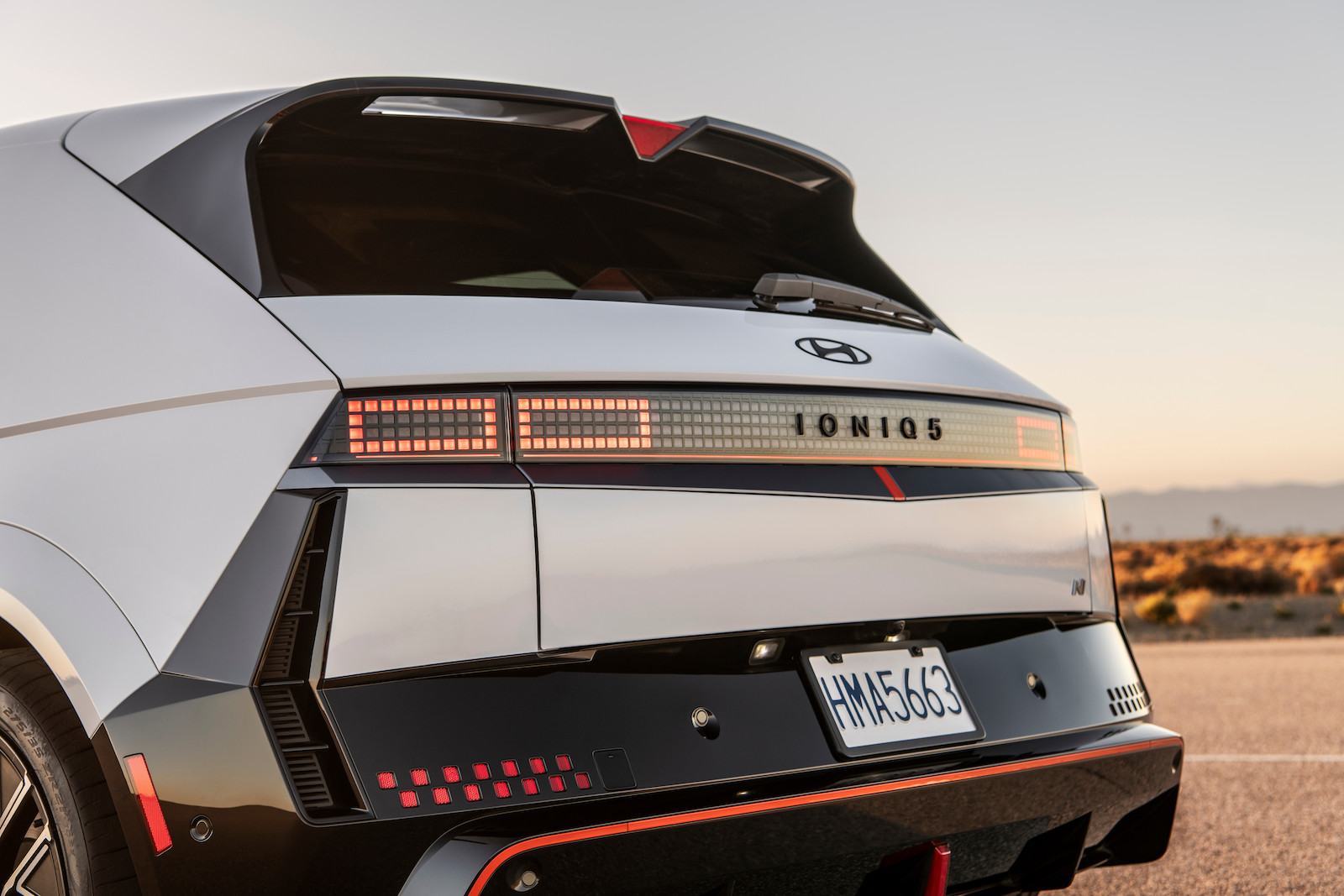Hyundai is facing a new theft threat as high-tech thieves target Hyundai, Kia, and Genesis EV models. Growing problem shines the spotlight on vehicle security challenges.
Hyundai has certainly faced its share of problems when it comes to vehicle thefts. The Korean car giant is in the process of paying a massive legal settlement to owners of 2011-2022 Hyundai and Kia models who discovered that their cars were easy to steal thanks to the lack of an immobilizer system as well as the clever use of USB chargers and other low-tech methods by thieves to quickly steal them.
However, it appears that the company is about to once again face an issue with vehicle thefts but this time the high-tech thieves are targeting their EV models and are using a sophisticated piece of hacking technology to help them make off with Hyundai, Kia and Genesis EVs. This problem has the potential to morph into a full-circle moment for the company and puts owners of these vehicles at risk of having their EV stolen.
“Game Boy” hack is no laughing matter for Hyundai
The last wave of thefts focused on low-tech methods of theft and the targeted vehicles had traditional key-operated ignition systems. Unlike those vehicles, Hyundai’s EVs have sophisticated push-button start systems, and that has forced the thieves to upgrade their vehicle-stealing technology. A prominent tool in these efforts is a handheld that looks like a 1st generation Nintendo Game Boy. However, Nintendo’s seal of approval is nowhere to be found, and instead of playing Pokemon Red & Blue, this sinister device is designed to hack a vehicle so it can be quickly stolen.
Also known as the “Game Boy” hack, this $25,000 tool is filled with radio transmission technology and it does its illicit work after the door handle is touched. Typically, this activates a digital handshake protocol between the vehicle and the owner’s keyfob to facilitate access to the car. The phony Game Boy-esque device takes the place of the fob and acts as an emulator to find the correct code and then store it for later use. The tool has already proven to be effective and it has had a hand in several EV thefts including this one that was recorded on video with many of them being committed in less than a few seconds. While the Ioniq 5, Kia EV6, and Genesis GV70 are popular targets, thieves have also used the same trick to steal other new models including the Kia Niro and the Kia Forte. Some of these thieves have even figured out methods to remove the car’s connectivity features which makes tracking a stolen vehicle difficult for both owners and law enforcement.
More Hyundai Stories
- First Drive: Hyundai Ioniq 5 N Sets the Benchmark for EV Performance
- 2024 Hyundai Sonata and Elantra Get “Major-Minor” Updates
- Hyundai Jumping into Low-Priced EV Fray with Inster — Will it Come to U.S.?
Other EVs also targeted
While Hyundai’s past notoriety is causing the bulk of the spotlight to be shined on it when it comes to this problem, the company is not the only target for EV thefts using the hack. There have been reported cases of Tesla models falling victim to the illicit emulator tool and thefts of other EV vehicles have been on the rise in recent years too with the emulator and other tools like it playing a prominent role in this increase.
The rise of these illicit tools is also shining a spotlight on the digital arms race that’s developed between automakers trying to ensure that their latest vehicles are harder to steal and the thieves looking to develop new solutions to bypass these protections to steal them with many crooks often stealing the cars either for the pure thrill of it or to make money off of parts when some of these stolen vehicles are taken to chop shops to be stripped of their valuable components.











0 Comments